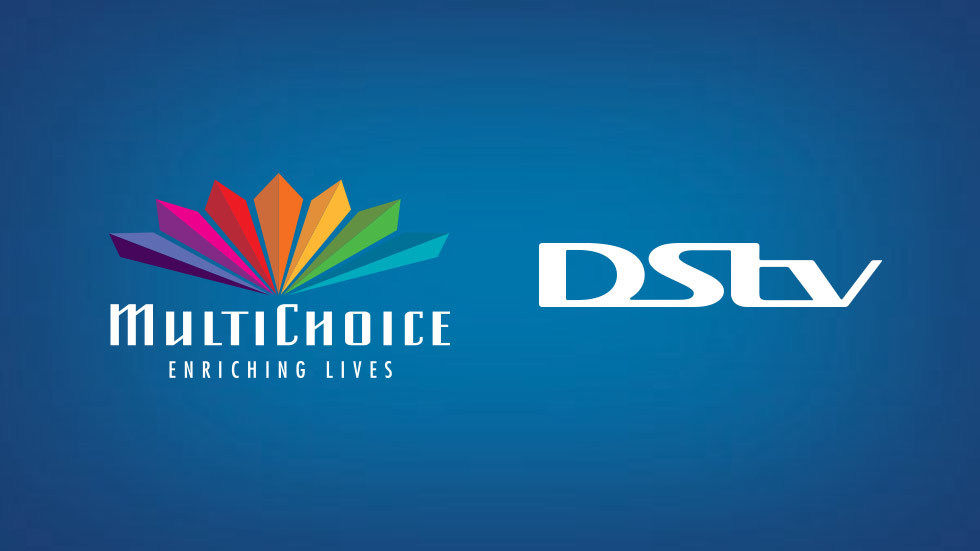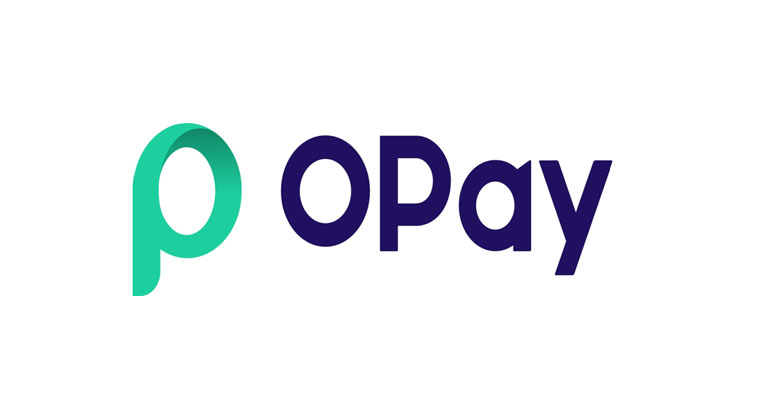- Ensuring Education Technology Grows in Nigeria
Globally, education technology, also called EduTech or EdTech, is growing rapidly, especially in more advanced countries, where the required infrastructures are already in place. Be that as it may, a number of African countries such as Rwanda, South Africa and Kenya, are keen on ensuring that EdTech grows at a much faster pace.
It must be acknowledged that in Nigeria, a handful of privately-owned school administrators are now adopting technology in classrooms, in order to beef-up the learning process, while helping students improve academically. Unlike the traditional method of using notebooks, writing on slates or boards, the students in the EdTech era come to classes with their laptops or tablets connected to the Internet.
In some parts of the world, authorities provide students with the required devices at no extra cost, while it could also be at the expense of the students. Through these devices, students are given assignments, class projects or research topics, which make it imperative for them to have access to devices, while instructors, on the other hand, use projectors or smart boards to communicate with the students during classes.
Education technology is basically a learning process through which the Internet serves as the bedrock. And not just any Internet, I am referring to high-speed broadband. EdTech in Nigeria is advancing at a very slow pace. This does not mean I do not acknowledge the efforts of a number of start-ups such as Bola Lawal, ScholarX.co; Gossy Ukanwoke, Beni American University; Wale Ogunjobi, Primal Tutor; Nkem Begho, Future Software, and a few others, that are working hard to ensure EdTech takes root in Nigeria. In my candid opinion, they should not only be applauded but also supported, especially by policy makers and school authorities.
The factors affecting education technology in Nigeria are quite enormous, considering the fact that the level of technological advancement is still relatively low. Some of the biggest barriers to the adoption include:
High cost of technology
Obviously, this is one of the major factors adversely affecting education technology in Nigeria. Technology is not cheap! Adopting modern technologies is capital intensive and sadly, all major software and hardware products have to be imported.
The Nigerian government needs to start allocating a large percentage of its budget to EdTech, to propel its adoption in the country.
Although some private institutions have managed to adopt education technology in the country, they have, however, resorted to the policy of BYOD, (Bring Your Own Device), which is a welcome development. However, what about students in publicly-owned institutions? If we ignore them, then it will keep expanding the digital divide which is not good for the overall well-being of our dear nation.
It is therefore imperative that both federal and state governments increase funding for the education sector. Not just for teachers welfare, but also to improve infrastructure and invest in the required technology, otherwise those who are supposed to be the leaders of tomorrow will be unable to compete.
Inadequate training
Yes, technology is trendy but there is still inadequate manpower to get the ball rolling. Technology requires you to be constantly updated by learning new things. Mind you, instructors and teachers themselves are not digital natives, but as they are the ones to transfer the knowledge and skills to students, they, therefore, need to be constantly trained to keep them up to date. School administrators must be ready to invest funds in various types of capacity development to keep their human resources up to speed.
In other words, even if teachers have access to technologies, but they are not receiving the proper training to harness these technologies, it becomes a waste of time and resources.
Inability to adopt new technologies
There are series of factors that contribute to this problem. Some of the instructors and teachers feel reluctant to change, thus, resisting the adoption of new technologies. Adopting new technology usually requires special training of the teachers. Obviously, when there is lack of support from the teachers who are wary of adopting new classroom technologies, this becomes difficult.
Some start-ups have been able to develop good products and services that can improve the sector but sadly, school administrators are often not patronising them for one reason or the other. I urge those in authority to be more open to new ideas and disruptive solutions because whether we like it or not, some of our current strategies are now obsolete.
Inadequate infrastructure
I have often stressed the fact that without power, there can be no meaningful technological development. Technology and power go hand-in-hand. This is why technology hubs and co-working spaces have become hugely popular because they solve the most basic challenge, which is power.
Next would be Internet access, particularly high-speed broadband. Once upon a time, the government launched a broadband plan that would have seen a rapid broadband by 2018. We hope that this plan is still in motion because broadband is required for the next phase of technology advancement. Virtually all the programmes are Internet-driven and the lack of necessary infrastructure to drive the Internet becomes a barrier.
Conclusion
It is a fact that a number of students are missing out on the opportunity to improve their technology skills and digital literacy. Investing in education technology is capital intensive but it is better than not investing. It is therefore imperative that we put the right environment in place to drive EdTech in Nigeria.
In my view, one of the effective strategies and models to resuscitate the rapidly deteriorating educational system in Nigeria is to fund and invest in technologies that can bring about a more updated and modernised curriculum.


 Forex4 weeks ago
Forex4 weeks ago
 Naira3 weeks ago
Naira3 weeks ago
 Billionaire Watch3 weeks ago
Billionaire Watch3 weeks ago



 Naira4 weeks ago
Naira4 weeks ago






 Naira3 weeks ago
Naira3 weeks ago


 Naira2 weeks ago
Naira2 weeks ago






 Naira2 weeks ago
Naira2 weeks ago
 Commodities4 weeks ago
Commodities4 weeks ago





















